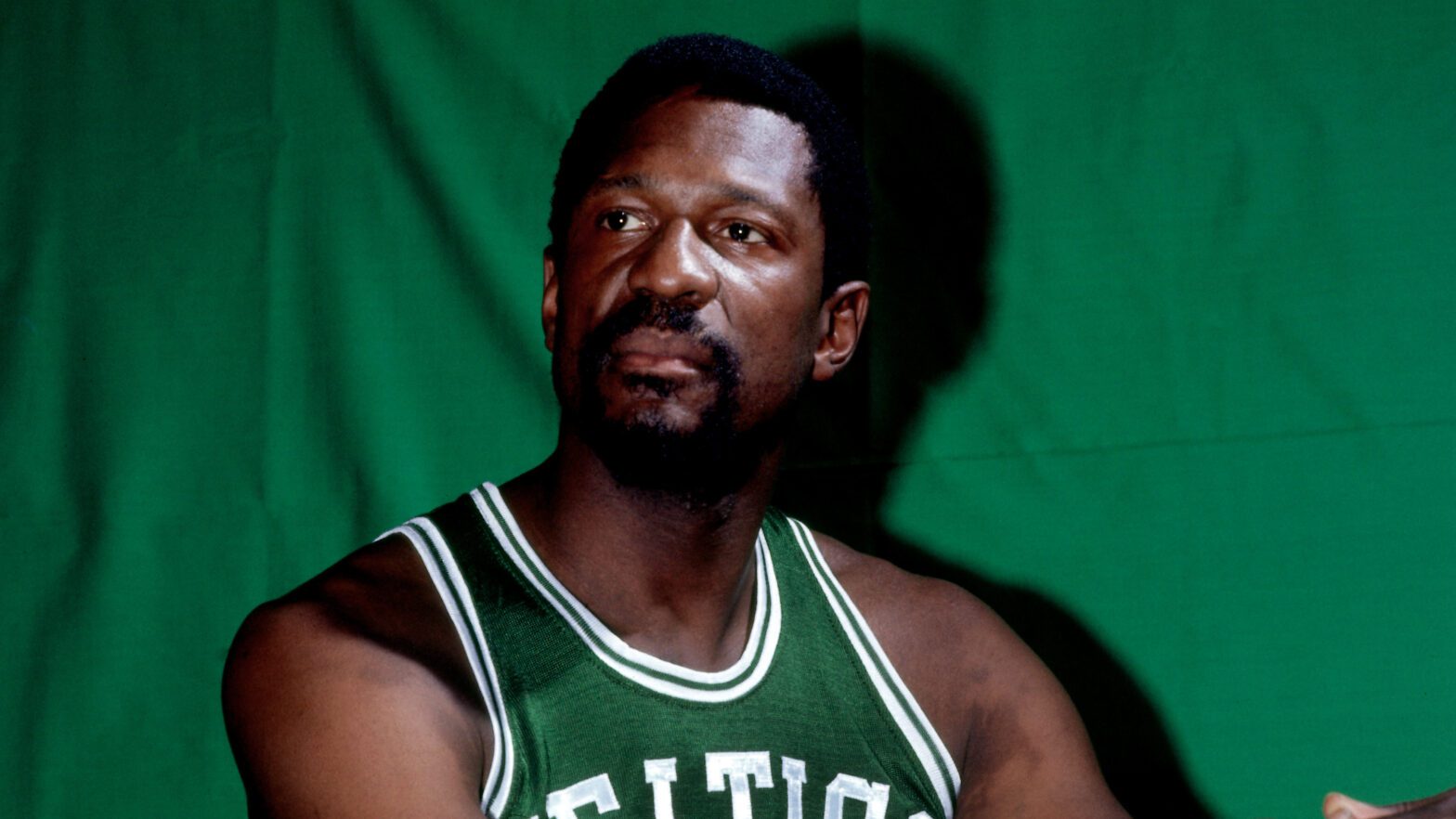When Bill Russell died at the age of 88 this weekend, he was remembered as one of the greatest basketball players of all time, with 11 NBA championships and two NCAA Tournament crowns.
When it comes to basketball and civil rights, Russell is one of the best players of all time.
He did not follow the traditional path of sports stardom. Unlike superstars like LeBron James, Russell received no attention from universities, who ignored Hopper, who was raised by Oakland, who moved to the city when he was just eight years old. McLemonds High School allowed him to play varsity basketball in his senior year only after spending his junior year on the junior varsity team.
In his freshman year, he excelled in both the high jump and center position at USF under head coach Phil Woolpert—the only school to offer him a scholarship. In his sophomore season, he led the Dons to a 14-7 record and then back-to-back national titles in 1955 and 1956, averaging over 20 points and 20 rebounds per game.
“Bill Russell helped put the USF on the map in the 1950s,” said the University’s current president, Rev. Paul J. Fitzgerald says. He has made many contributions to the community, the Department of Sports and Jesuit education, which we are grateful for, but we also appreciate him for his courage and commitment to achieving justice on and off the basketball court. ,
The St. Louis Hawks selected him as the second overall choice in the 1956 NBA Draft because of his achievements. When he joined the Boston Celtics, he quickly established himself as one of the game’s all-time greats.
Because he wanted to participate in the 1956 Summer Olympics in Melbourne, Russell delayed the start of his NBA career mid-season. Under his guidance, the US men’s basketball team won the gold medal.
His 31 rebounds in the Eastern Division Final victory over Syracuse Royals were his best in a playoff game since joining the Celtics. When it came to the NBA Finals, he grabbed 32 boards in winner-take-all Game 7 versus St. Louis to help the Celtics secure their first title in franchise history by two points in double overtime.
Despite the racial taunts of some Boston supporters, Russell quickly established himself as the city’s champ. However, Boston went on to win eight more titles, despite losing to the Hawks in 1957 final. Louis in a seven-game series in 1960, Russell had a monster night with 35 rebounds, and the final game didn’t take two overtimes like in the 1957 edition.
Russell’s career was filled with outstanding performances in championship events, and his effort in Game 5 of 1961 final, in which he secured a second championship win over the Hawks, was no exception. The Celtics faced the Los Angeles Lakers for the first time in Game 7 of the 1962 NBA Finals, and Russell recorded 40 rebounds in an overtime win, equaling his single-game NBA Finals record. Playing against the Lakers in 1966, he helped lead the Celtics to another seven-game series win, this time with 25 points and a game-high 32 boards.
During Russell’s first three seasons as a player-coach, the Philadelphia 76ers and longtime rival Wilt Chamberlain interrupted Boston’s dominance. In 1947–48 Baltimore Bullets player-coach Buddy Janet was the only other player-coach to lead his club to the title. Russell’s final season was marred by the Vietnam War and other off-court concerns, but he still managed to lead the Celtics to a seven-game NBA Finals victory over the Lakers with Jon Havlicek in his side. Despite skipping the first two games of the NBA Finals, the Boston Celtics became the first team to win the championship, despite losing the first two games.
After 1969 final, Russell abruptly stepped down as both a player and a coach. When he coached the Seattle SuperSonics for four years in the 1970s and worked in television, he was most engaged in the political arena after his career. Racism was a constant issue in Russell’s life, from his family’s decision to leave Monroe, Louisiana for Oakland when he was a child, to the abuse he received from both media outlets and fans.
In a dossier kept by the FBI, he was described as “an arrogant Negro who would not sign autographs for white youth” because of his activity.
When two of his teammates were refused service at a Lexington, Kentucky coffee shop, Russell decided to boycott an exhibition game. He was also a vocal supporter of the Black Power movement. Muhammad Ali’s refusal to serve in the Vietnam War was endorsed by Russell at the 1967 Cleveland Summit.
Russell missed retirement from his jersey in 1972 and entry into the Hall of Fame in 1975 because of his displeasure at how he was treated in Boston. In 1999, 27 years after the original event, he took part in a ceremony to have his jersey retired again. When the NBA named the Finals MVP award the “Bill Russell Award” in 2009, it was a fitting tribute to the man who went 21-0 in winner-take-all games during his collegiate, Olympic, and professional careers. was.
Russell, who had largely been away from the public after his retirement, took to social media occasionally in his later years to share stories about basketball and his exploits. In September 2017, following then-President Donald Trump’s “get the son of a bitch off the field” comments, he uploaded a photo of himself kneeling to show his support for the protesting NFL players.
Russell’s three children, William Jr., Jacob, and Karen, are all mourning the loss of their father. His first wife, Rose, was the mother of his children. After that, there were three more marriages. In his last marriage, he married Jeanine, a competitive golfer who was 33 years younger than him. At the time of his death, Jeanine was by his side, and he was surrounded by her.












Discussion about this post